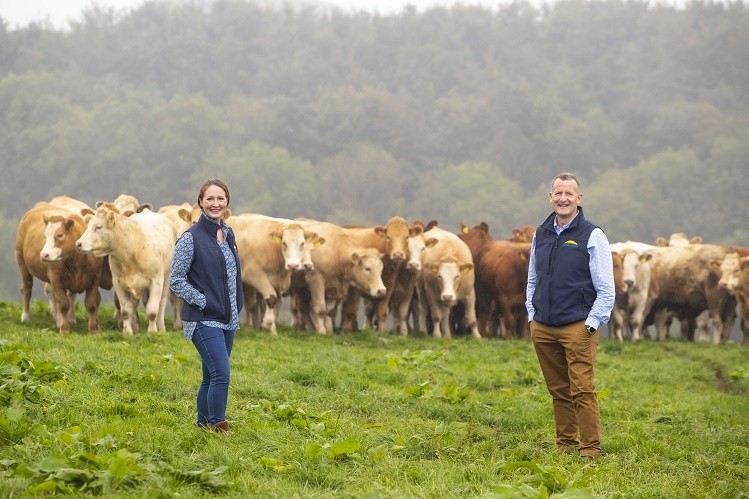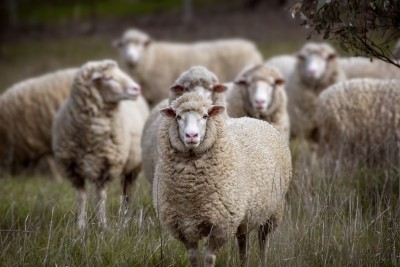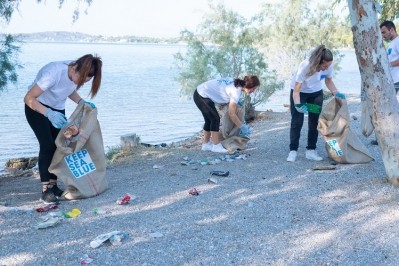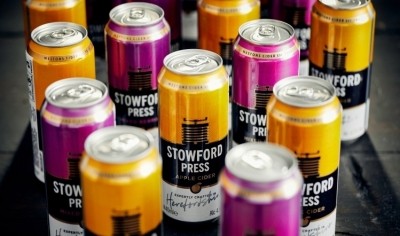Dawn Meats to invest £90m into sustainability commitments

The investment will be split across four key areas: environment; farming; food; and society. To support its net zero commitment, the group has set out a short-term goal of reducing scope 1 and scope 2 emissions by 59% by 2030.
This planned reduction of scope 1 and 2 emissions would be supported by investment in new technology to transform plant infrastructure, transport, thermal energy generation and refrigeration systems.
Dawn Meat’s other sustainability targets included making sure 100% of its plastic packaging was reusable, recyclable or compostable and sourcing 100% of its cattle and sheep from Bord Bia assured farms in Ireland, and Red Tractor assured farms in the UK.
‘Key challenges of our time’
Niall Browne, chief executive of Dawn Meats and Dunbia, said: “Addressing climate change is one of the key challenges of our time. Dawn Meats has an opportunity to continue to positively impact the supply chain as well as our communities and environment, and a commitment to achieving net zero operational emissions by 2040 is a goal which is the culmination of significant progress to date.
“Our leadership and wider team across Ireland and the UK are fully focused on delivering this goal and while we are proud of our achievements to date, we recognise there is much still to do.”
The Group’s most recent sustainability report highlighted a 248,000-tonne reduction in greenhouse gases from its operations and supply chain in 2020, while on-farm Scope 3 emissions reduced by 189,000t.
Progress so far
For the year ending 2021, Dawn Meats achieved a reported 40% reduction in Scope 1 and 2 emissions and a 15% reduction in Scope 3 emissions intensity.
Group Sustainability Director Gill Higgins added: “We have consistently set ambitious targets when it comes to addressing climate change, which is necessary to face the enormous challenge in front of us.
“Through working with our primary producers and wider supply chain partners on innovative approaches to food production and packaging, we have an opportunity to address Scope 3 emissions in a meaningful way. These are emissions are amongst the most difficult to combat, but industry collaboration is vital in working toward net zero.”















